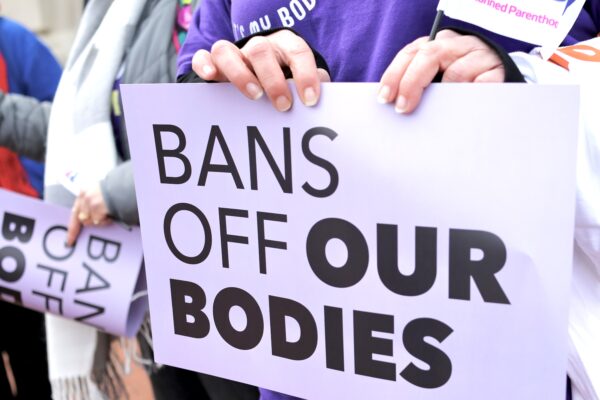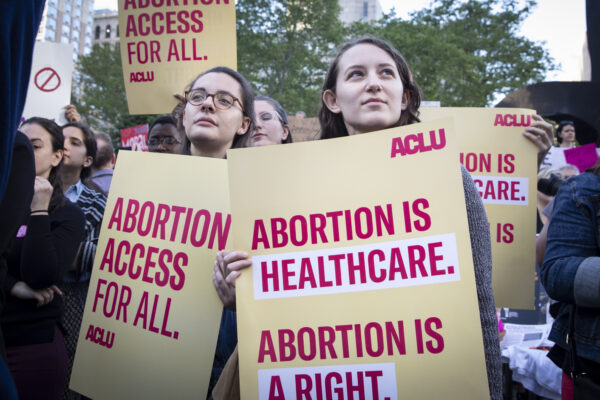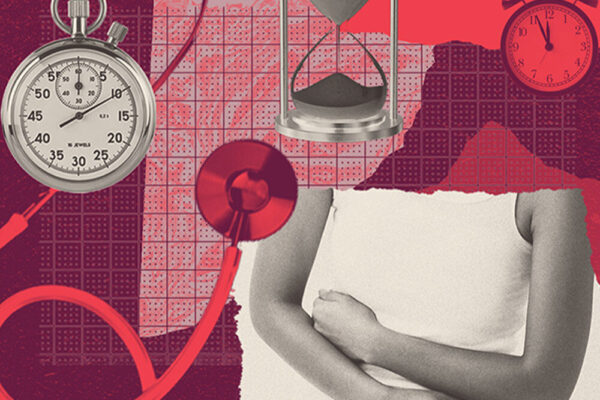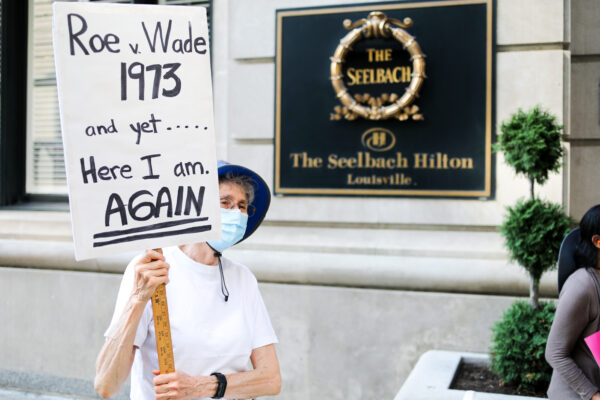Federal Court Blocks Unconstitutional Abortion Restrictions in Kentucky
Frankfort, KY — Today, the United States District Court for the Western District of Kentucky granted Planned Parenthood’s request for a temporary restraining order blocking enforcement of House Bill 3, an anti-abortion omnibus law in Kentucky that forced providers to stop providing all abortions for the past week. The ruling was issued one week after Planned Parenthood and the American Civil Liberties Union of Kentucky (ACLU-KY) filed two separate lawsuits challenging the law after it was enacted, following the Kentucky Legislature’s vote to override the governor’s veto.
Statement from Rebecca Gibron, CEO of Planned Parenthood Great Northwest, Hawai’i, Alaska, Indiana, Kentucky:
"We're grateful for the temporary restraining order (TRO) restricting this egregious abortion ban from continuing to block a constitutionally protected right to basic care. This is a win, but it is only the first step. We’re prepared to fight for our patients’ right to basic health in court and to continue doing everything in our power in ensure abortion access is permanently secured in Kentucky.”
Statement from Heather Gatnarek, staff attorney, ACLU of Kentucky:
“We are grateful the court recognized the blatant unconstitutionality of H.B. 3 and enjoined its enforcement. With the court’s order blocking H.B. 3, EMW is once again able to provide abortion care to people in Kentucky as they have done for decades. Patients seeking an abortion should reach out directly to EMW Women’s Surgical Center or Planned Parenthood to have their questions answered and schedule appointments. Unfortunately, the ability to receive an abortion will continue to hang by a thread throughout the United States. In a few weeks, the Supreme Court will decide whether to weaken or overturn Roe v. Wade. If they do, roughly half of U.S. states could choose to quickly ban access to some or all types of abortion care. This would be devastating, particularly for people who have the fewest resources and are historically marginalized, including people of color, people with low incomes, young people, and people who live in rural areas. Abortion remains legal and is once again available in Kentucky. We will always fight to keep it that way here and across the country.”
The ACLU of Kentucky is awaiting action in its lawsuit against House Bill 3 currently before the United States District Court for the Western District of Kentucky.
###
View the temporary restraining order in the PDF below.
Documents
Related Content

Kentucky Legislature Overrides Governor’s Veto, Planned Parenthood and ACLU Sue to Block Law’s Unconstitutional Abortion Restrictions

Letter of Opposition to Abortion Ban, House Bill 3

Statement on Final Passage of HB3, Restrictions on Abortion Care

Statement on House Passage of HB3, Omnibus Abortion Bill
Stay Informed
Sign up to be the first to hear about how to take action.
By completing this form, I agree to receive occasional emails per the terms of the ACLU’s privacy statement.
By completing this form, I agree to receive occasional emails per the terms of the ACLU’s privacy statement.

